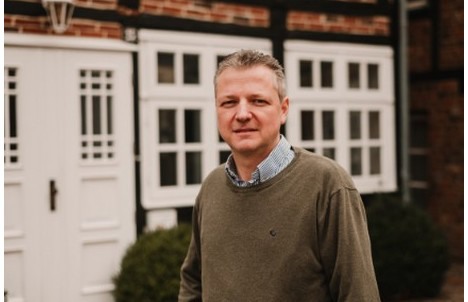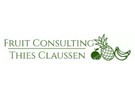As we all know, the ongoing Corona crisis has shaken up the global fruit trade as well. As a result, the longer-term issues facing the fruit industry - including quality management - have been pushed somewhat into the background. In the coming years, however, this topic will become all the more important, says Thies Claußen (Fruit Consulting), an independent consultant on quality management.
Quality management basically falls on three pillars: First, one deals with the topic of crop protection and pesticides. "I see myself as a mediator and explainer between the supplier, trader and laboratory, so that the latter can deliver a weighed residue analysis of the goods. This feedback is a typical area of responsibility on my part. Secondly, I deal with the cold chain: What are the temperature requirements of the respective goods with regard to, for example, the packaging? Do you need a normal atmosphere or a controlled atmosphere?" says Claußen.

Thies Claußen
For standard overseas products - such as bananas - we already have sufficient know-how and expertise in refrigeration. The company is also becoming better acquainted with today's 'hot sellers' such as blueberries and avocados. Claußen: "Cherries and stone fruit from overseas, on the other hand, are still in their infancy."
The third and final pillar of quality management is certification and everything around it. "Social responsibility or Global GAP and resource management are crucial here. Each stage of the supply chain requires certain certifications which should also be documented accordingly. My job is to communicate the benefits and advantages of each certification to the organization and guide companies on the path to the certification they need."
High-quality food sought
As an independent consultant, Claußen comes into contact with a variety of customers and markets. "When it comes to social responsibility and related requirements, Switzerland and the United Kingdom, for example, are very sensitive. In Germany, documentation is followed to the letter. So there are considerable differences between the individual markets."
According to Claußen, Corona has an inevitable impact on quality management. "In some large growing countries, but also at European packing stations, the workforce has been downsized by 50% due to the Corona restrictions. This means that the output of goods is much lower than usual with an increasing demand. However, from my point of view, the demands on the goods have not been adjusted. On the contrary, people have been looking mainly for high-quality food products, and the willingness to compromise on product quality across the industry is rather low."
Trend toward social responsibility
Despite the changed conditions, Claußen is generally optimistic about the future. "I am convinced that the focus in quality management will shift from residue analysis rather to the aspect of social responsibility and the carbon footprint."
For more information:
Fruit Consultung
Thies Claußen
Ohlendorfer Weg 5
21435 Stelle
Telefon: 017634298193
E-Mail: t.claussen@hotmail.de
http://fruit-consulting.com/
